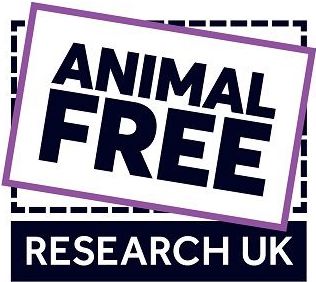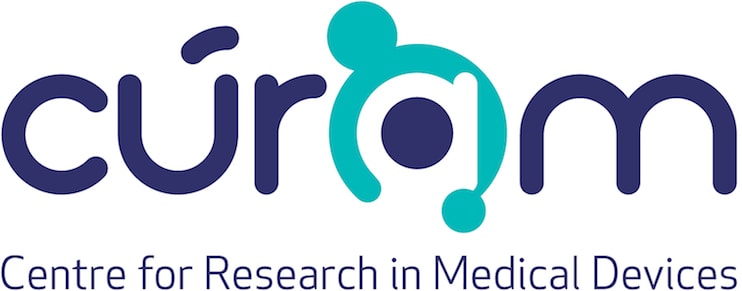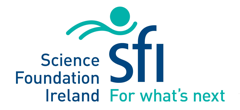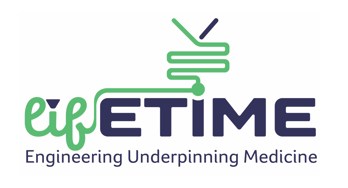-
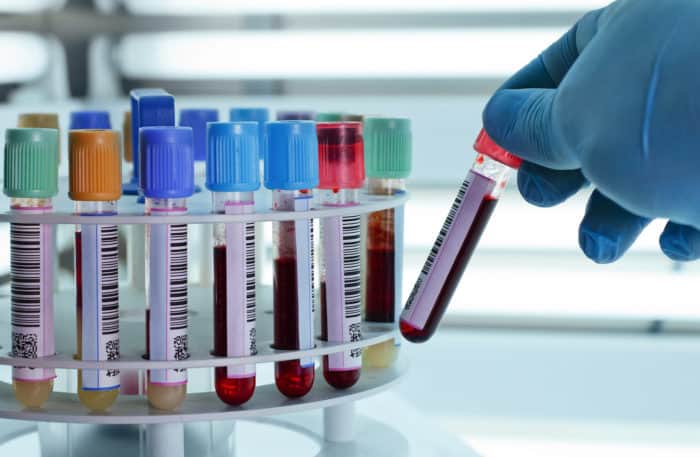
The CDT aspires to:
- Advocate for new ways of performing research, focusing on developing animal free technologies for drug discovery, toxicology screening and regenerative medicine. By working in partnership with Animal Free Research UK, we aim to reduce and replace the use of all animal derived components across all of our in vitro biological research within the CDT.
- Recruit the best students, both from the UK and internationally, regardless of background, age, gender, or ethnicity. Nuture an inclusive environment giving all students the same experience and opportunities.
- Provide a platform for academics to co-create multi-disciplinary projects between academic and stakeholder partners, encouraging the sharing of lab equipment, computational facilities and resource. Grow opportunities for our early career researcher community to lead new projects and initiatives.
- Create a UK-wide network of a diverse range of stakeholders including membership partners, charities, PPIE groups, NC3Rs, learned societies, academies, students and student groups, as well as involvement from other CDTs. Grow our membership partners to 25 committed companies and stakeholders.
- Promote sustainability and endeavour to reduce our carbon footprint to make the CDT a more sustainable research environment. Explore alternatives to single use plastics in biomedical research. Encourage students and supervisors to work towards achieving sustainability accreditation. Align our centre with the United Nations sustainability goals.
- Enhance skills training, outreach, EDI and interdisciplinary through both formal and informal activities. Create robust, resilient and inclusive management structures, incorporating feedback and recommendations from partners, stakeholders, staff and students.
To enable the CDT to achieve our aspirations we have identified key performance indicators (KPIs) across four priority areas (students’ profile, centre quality, research and external engagement). Our current KPIs are available here lifETIME CDT KPIs.



